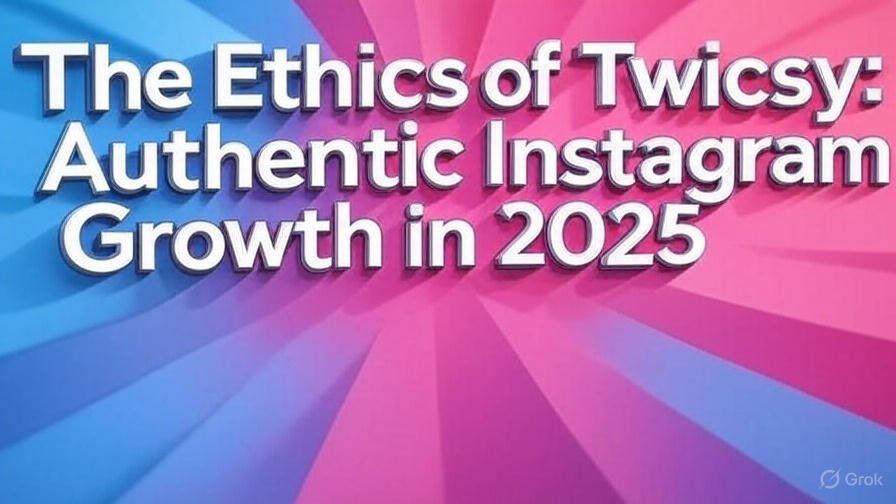August 21, 2025, 01:51 PM +06 – With Instagram rolling out enhanced detection for inauthentic activity in its latest algorithm tweaks, the spotlight intensifies on third-party growth services. Twicsy, among others, faces scrutiny as users and experts debate the fine line between accelerating visibility and compromising platform integrity. This comes as reports highlight a surge in account penalties, prompting a reevaluation of strategies for sustainable social media presence in an increasingly vigilant digital ecosystem.
The proliferation of tools promising rapid Instagram expansion has transformed the influencer and business landscape, but at what cost? As platforms evolve to prioritize genuine interactions, services like Twicsy—which offer purchased followers, likes, and views—are at the center of ethical controversies. Drawing from recent industry analyses, user testimonials, and official guidelines, this piece explores the implications for authenticity, rule adherence, and long-term online credibility.
Overview of Twicsy: Features and Market Positioning in 2025
Twicsy positions itself as a provider of authentic Instagram enhancements, delivering followers, likes, comments, and views from purportedly real users. Packages range from small boosts (e.g., 100 followers) to large-scale options (up to 20,000), with features like gradual delivery to simulate organic growth and no-password-required access for user security. The service also includes AI-generated comments for relevance and round-the-clock support.
However, 2025 reviews reveal a polarized user base. Positive feedback praises quick results and potential for kickstarting visibility, while critics label it a scam, citing low-quality bots and fleeting engagement. This dichotomy underscores the ethical tightrope, especially as Instagram’s updates target suspicious patterns more aggressively. For more on Instagram trends, visit the Hootsuite Instagram Insights.
The Ethical Dilemma: Deception and Its Broader Impacts
At the heart of the debate is deception: artificially inflated metrics can mislead audiences about an account’s true influence, akin to false advertising. Ethicists in social media marketing argue this erodes trust, disadvantaging creators who build audiences organically and fostering a culture of shortcuts over quality content.
Recent discussions on platforms like Reddit emphasize how buying followers, often bots or inactive accounts, harms engagement rates and algorithmic reach. For businesses, this could damage brand reputation long-term, as savvy consumers detect inauthenticity. Moreover, ethical frameworks stress transparency in promotions to preserve user trust.
Authenticity Under Siege: Genuine vs. Fabricated Engagement
Instagram thrives on real connections, yet services promising boosts risk creating superficial metrics. Proponents claim initial purchases can catalyze organic growth by improving visibility. Yet, experts warn that fake followers dilute interaction quality, leading to echo chambers and reduced credibility.
A balanced view is essential. While some users report sustained benefits when used sparingly, the consensus leans against reliance on such tactics for authentic branding. Consider this comparison:
